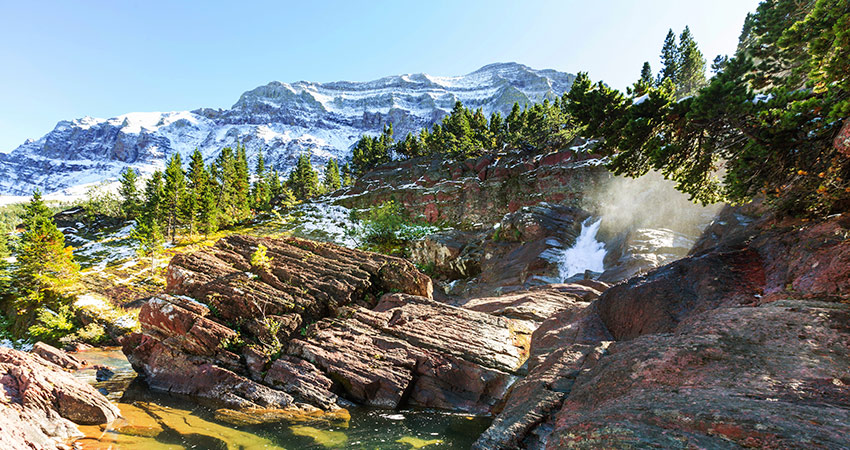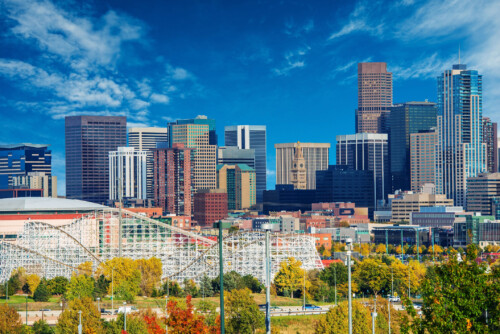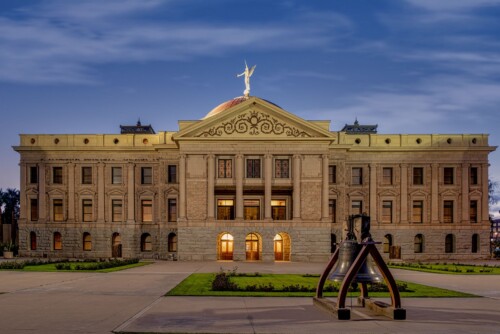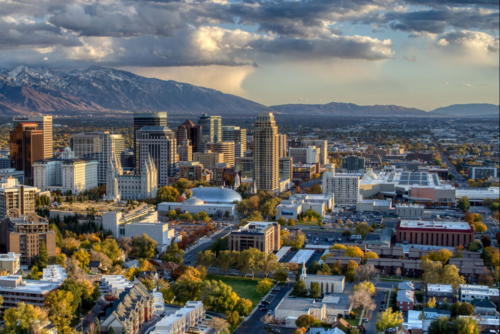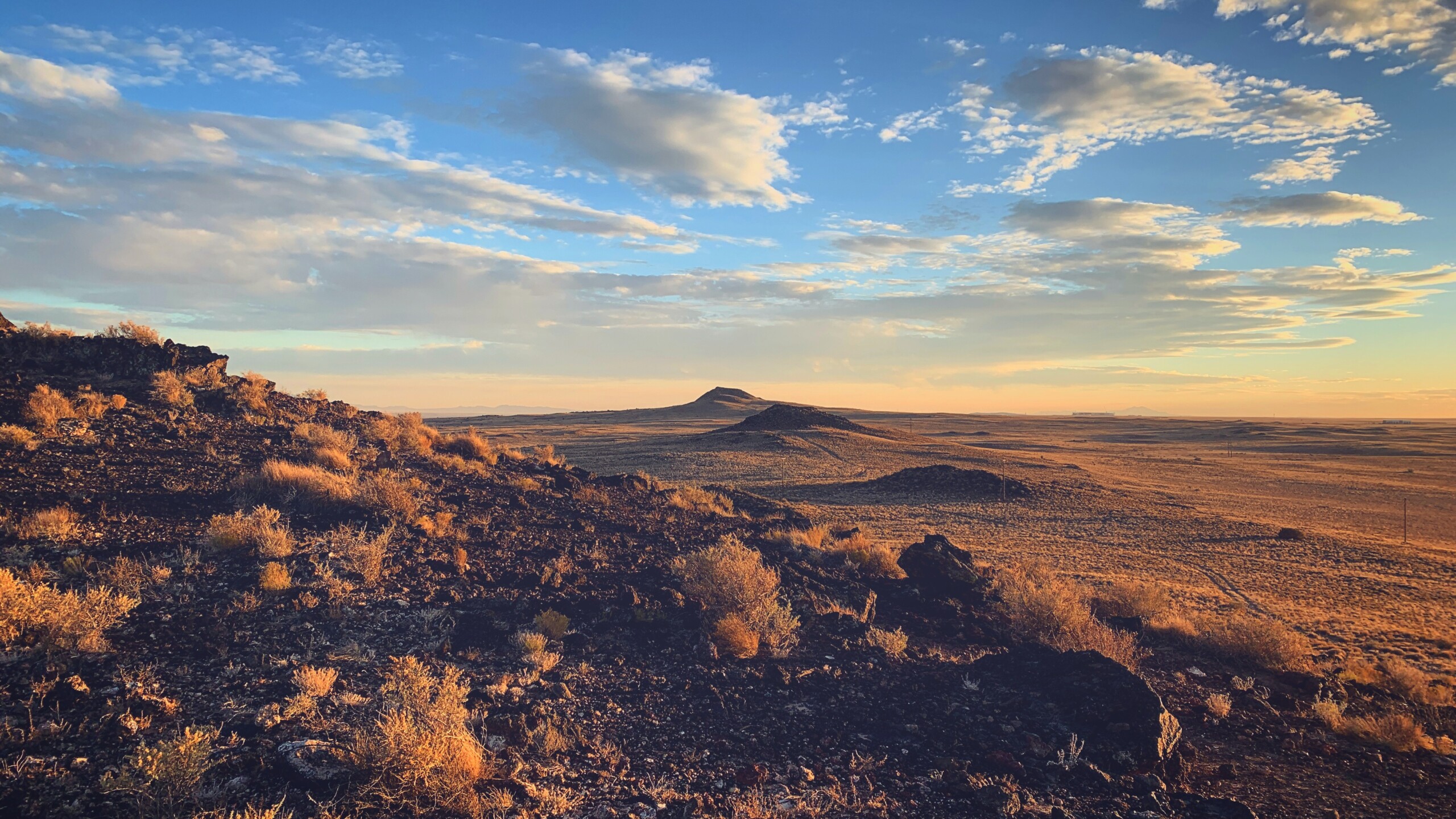Annual Report 2021
All across the West, people are living the climate crisis and being affected daily by extreme drought, wildfires, and air pollution. We need strong action to address the manifold impacts of climate change, and poll after poll shows that Westerners agree. While every person is impacted by the changing climate, Black, Indigenous, Latino/Latina, Asian, multiracial, and biracial communities bear a far higher burden because of exposure to toxic co-pollutants, environmental racism, exclusion from decision making, and economic precarity, all of which compromise resiliency.
WRA works across the region to reduce carbon emissions in line with the scientific consensus of what is necessary to prevent catastrophic warming. We are committed to working with advocates that span environmental justice, conservation, health, and business interests to make meaningful progress on reaching the Interior West’s near-term climate goals.
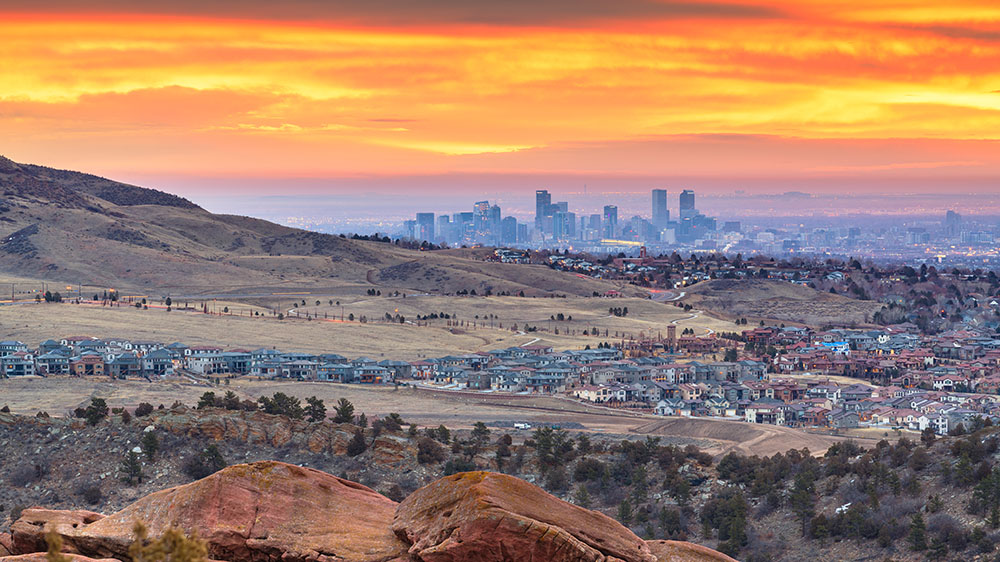
Colorado Climate Action Network Effectively Advocated for Advancing Environmental Justice
Progress in Colorado requires building a strong and diverse coalition to fight for aggressive action to address climate change, specifically in partnership with communities most harmed by pollution. WRA joined with advocates from more than 100 organizations during the 2021 legislative session to pursue important policies aimed at addressing pollution and advancing environmental justice in Colorado.
The passage of House Bill 21-1266 helps the state promote science-based climate goals. The legislation creates enforceable pollution limits across three major sectors, helps Colorado begin to address longstanding environmental inequities, and will secure critical financial resources for state-level climate work by closing a loophole that has let climate polluters off the hook for years.
This is progress, but we have unfinished business and Colorado still remains off track from meeting its climate goals. WRA continues to work with the state’s Air Quality Control Commission and with lawmakers to close the emission reduction gap and preserve a habitable climate for Coloradans.
With the enactment of HB 21-1266, Colorado is starting to right its environmental justice wrongs. The new law defines “disproportionately impacted communities” and specifies that penalty money for air quality violations by polluters must be invested back into the communities that experienced the harm. It also establishes an Environmental Justice Advisory Board, which includes members from disproportionately impacted communities, codifies best public outreach and engagement practices, and requires the creation of a comprehensive statewide environmental justice plan.
Cultivating Allies Who Support the Economic Opportunities of a Clean Energy Transition in Utah
WRA expanded our collaboration with Utah’s influential tech startup business community by assuming a leadership role in the Utah Sustainable Business Coalition. In that role, WRA leveraged the support of tech companies to help defeat a legislative proposal seriously detrimental to efforts to accelerate electric vehicle adoption and reduce emissions in the transportation sector. The proposal would have raised annual registration fees on electric vehicles 150%, to $300 — the highest fees in the nation. The proposal, which we defeated during the 2021 legislative session, would have created a strong disincentive for people to purchase electric vehicles and undermined one of our best tools address the Wasatch Front’s air quality problems.
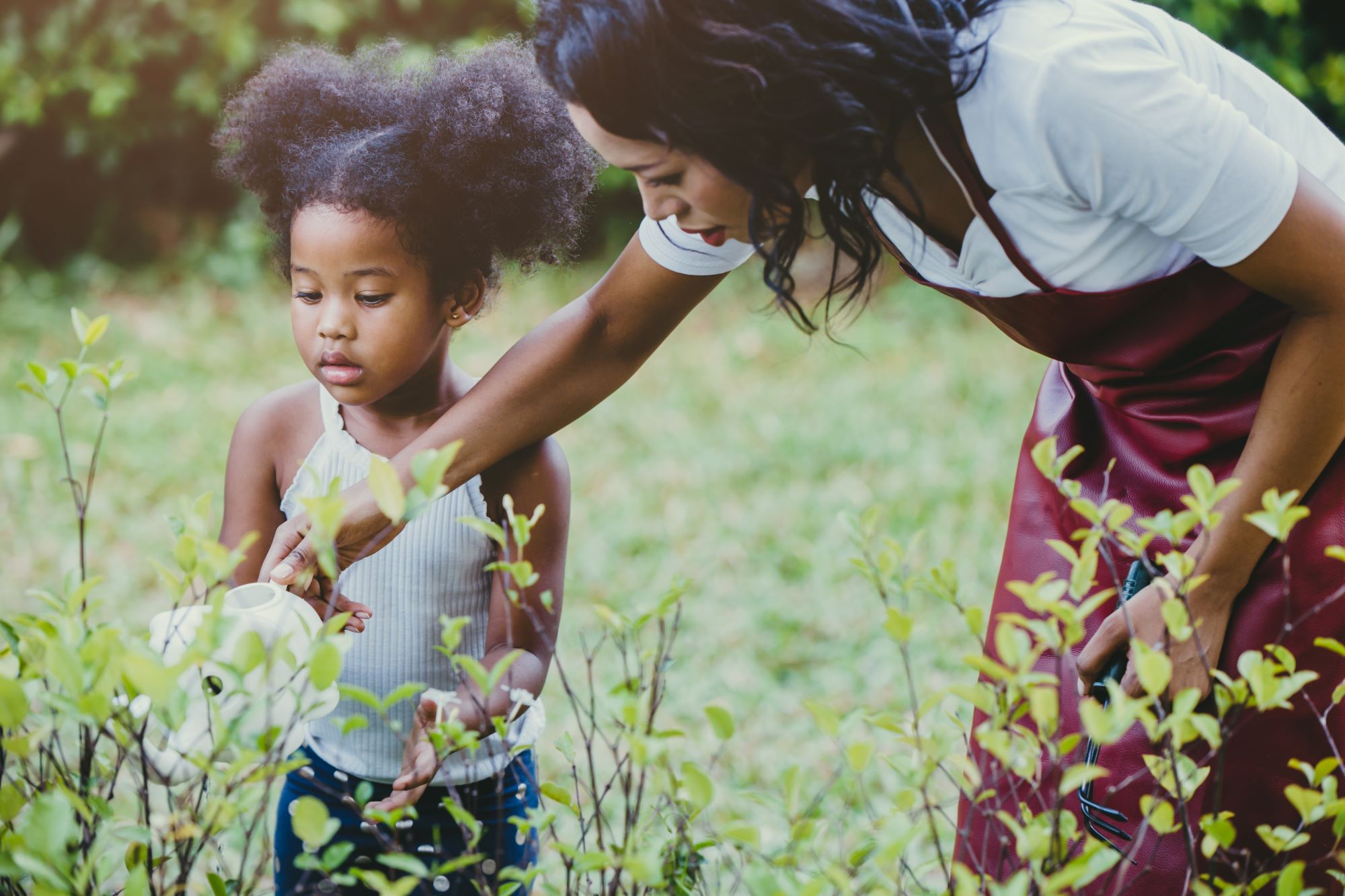
Diverse and Low-Income Communities Face Significant Barriers to Accessing Public Lands, Open Spaces, and Parks
Access to outdoor spaces and experiences is not shared equally by all. Diverse and low-income communities, both urban and rural, face significant barriers to accessing public lands, open spaces, and parks. Many of our communities lack proximity to green space or access to affordable transportation to our region’s recreational opportunities. They may encounter financial barriers that limit their access to recreational activities and equipment. In addition, diverse and low-income communities may not feel comfortable or safe in those places for a variety of reasons.
That’s where Colorado’s Outdoor Equity Grant Program comes in. Established by the passage of Colorado House Bill 21-1318, the program provides grants to Colorado groups to directly help diverse and low-income youth and their families overcome access barriers to outdoor experiences and educational opportunities.
WRA was integral in the creation and passage of that important bill. We joined a coalition of diverse community advocates, brought together by Next100 Colorado, to provide policy recommendations for the program. WRA helped draft the bill and championed it through the legislative process. The legislation follows the precedent set by similar programs in California and New Mexico, but it is the first to establish a permanent, sustainable source of funding to reliably provide outdoor opportunities for underserved youth for generations to come.
The establishment of the Outdoor Equity Grant Program is a major win for outdoor access in Colorado. But WRA isn’t stopping there. Our team of policy experts is working with state legislators, management agencies, and local decision makers to translate the Colorado Outdoor Equity Grant Program model to other states across our region.

